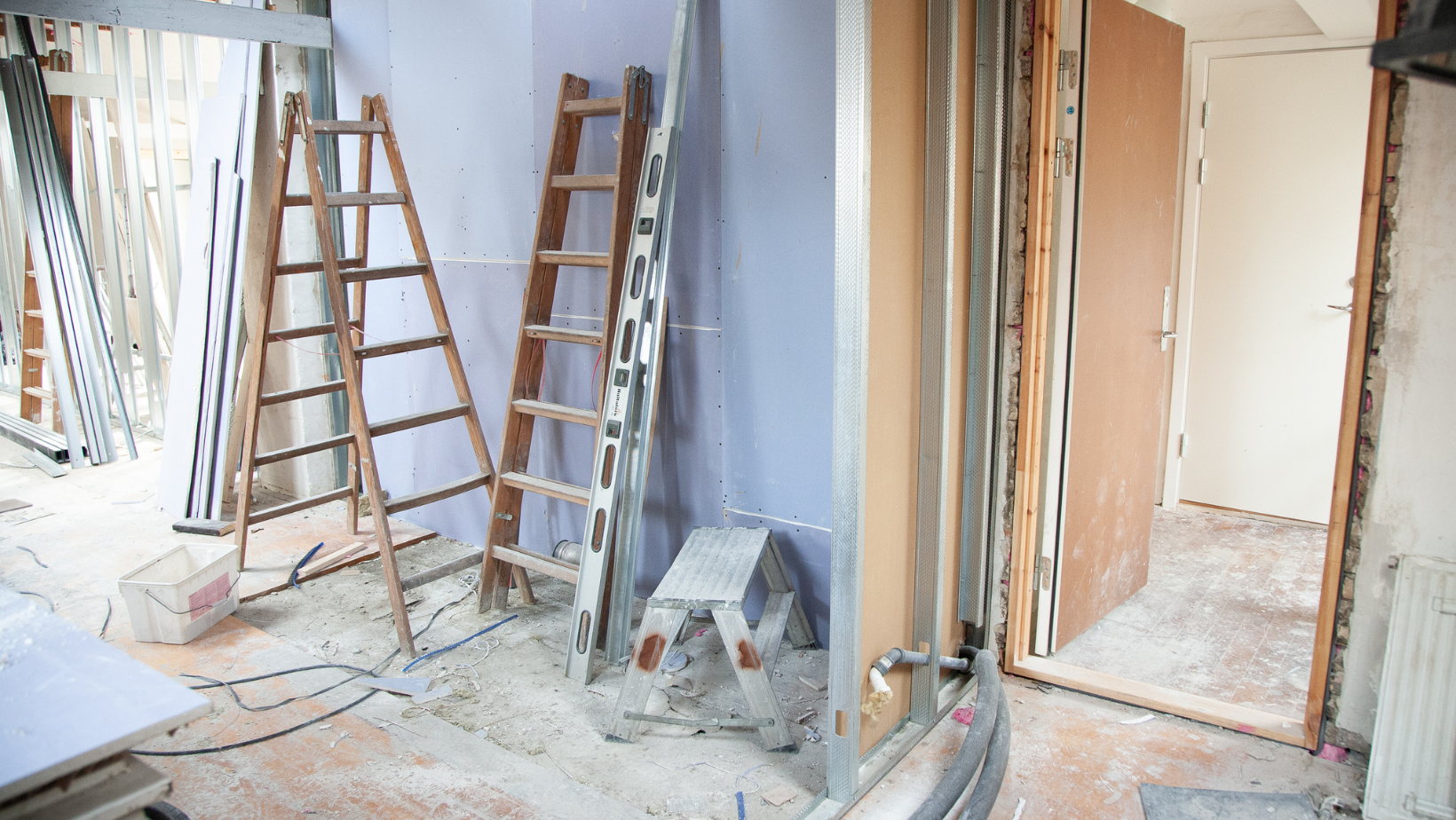A.I., Real Estate & The Construction Industry

Posted by Michael Finocchiaro

Artificial Intelligence (A.I.) has been a major development across the world with its ability to answer complex questions within a matter of seconds. For the real estate industry in particular, it provides an opportunity for people to be much more efficient with their time and resources. A.I. will be able to streamline real estate processes for both the customer and landlords. For the customer, the need for a real estate agent is diminishing.
How A.I. has been applied to Real Estate
As of right now, there are some services, like Zillow’s 'Zestimates', that can provide an estimated value of any given home within seconds. However, A.I. will be able to do much more than that. Services like REimagineHome can take a photo of a room in your home and completely redesign it. Those looking to modify their décor can go to their website and be given an accurate depiction of what their home could look like. ZipSmart uses A.I. to assign a score to areas across the country. Data like unemployment rate, school ratings, average household income, vacancy rate, crime rate, etc. are all taken into account to not only assign a score based on the past but also make strong predictions on the future of the neighborhood.
Keep in mind that A.I. is data that would take a human hours to sift through, would take A.I. mere minutes. In the past, you would need to hire an agent to ensure you get the best house or building for the best price. In the future, it is quite possible that you will be able to use A.I. to not only do that, but also inform you of what to expect in the future in terms of market value, maintenance, and data analysis. Costs will be slashed and people will be able to find the perfect office space, house, condo, etc. for them.
Many have already adopted A.I. as their main tool to provide property valuations, predictions and other analysis. In the past, people would have to pay a premium for that service. Now, they would be able to get that information faster and cheaper. In the case of an average home-buyer, it may be more beneficial to use a real estate agent, but for those commercial real estate, A.I. could potentially save them great sums of money. Large volumes of data are now able to be quickly analyzed and identify trends, behavior, and give strong advice. Websites like Redfin and Zillow have already included A.I. plug-ins on their websites. Homebuyers will be able to narrow their searches down to the most suitable options for them based on location, size, price etc. The standard filtration system that is normally used to find a potential home is not as able to conform to your needs as A.I. is. You can even ask A.I. to find affordable housing based on your monthly or yearly income, plans to have children and other variables.
Evaluating Space to Convert to In-Demand Uses
During the COVID-19 pandemic, we saw companies move their work to virtual platforms. The need to have workers in the office became non-existent due to software like Zoom, Google Meet, and other apps that allow collaboration via the internet. Downtown areas became ghost-towns, as companies sought to save money on rent by going remote. While this presents a problem, some see this as a unique opportunity to create more living spaces in areas with high demand. Gensler, a large architecture firm, has led the charge in converting abandoned office spaces into apartments and condominiums.
When considering whether a building is worth converting into living spaces or not, Gensler uses an algorithm that includes several factors. Building shape and the ability to divide the floors into units, along with the window to core distance and number of elevators are the most important things to consider. There needs to be a convenient loading and parking area, as well as good plumbing and electrical. Also, there needs to be a good amount of windows that are able to open, if not able to open, they need to be easily replaceable. And finally, the most important, location. The building needs to be easily accessible and have good exposure to light. If a building fits enough of these traits, Gensler will consider it to be a prospect to convert.
A.I. and Construction Technology and Processes
The future of A.I. is very bright and will have a significant effect on employment statistics. Areas like customer service, support, and agencies will most certainly take a hit. However, the construction side of real estate will remain strong. A new ad campaign for Belgian company Impact, has gone viral for its reference to the rise of A.I. implementation. The large banner hung around the construction area shows an entry to Chat GPT stating “Hey Chat GPT, finish this building…” and below it says “Your skills are irreplaceable.” The ad campaign represents something that A.I. has yet to touch in the real estate industry and that is construction. In the future however, it may be able to do just that. It is entirely possible that A.I. can help machines learn how to build without a person needed to control it. It would make construction sites safer, as most equipment would be controlled by A.I., and cost of construction would drop, as not as many workers would need to be hired. It does have its downsides though, as unemployment rates would certainly increase due to A.I. Either way, it is definitely something to keep your eye on as developments in the technology are made in the future.
At Burnham Nationwide, we are constantly looking to improve our customer experience. With A.I., we will be able to analyze tens of thousands of emails in seconds. A.I. will be able to adapt to the language used in emails and determine if a client is dissatisfied with our services, if they have been responded to in a timely manner, and what clients find easy or hard in our permit process. The future is very bright for A.I., and the potential is limitless.
Contact us through our site or give us a call at (800) 407-7990.




